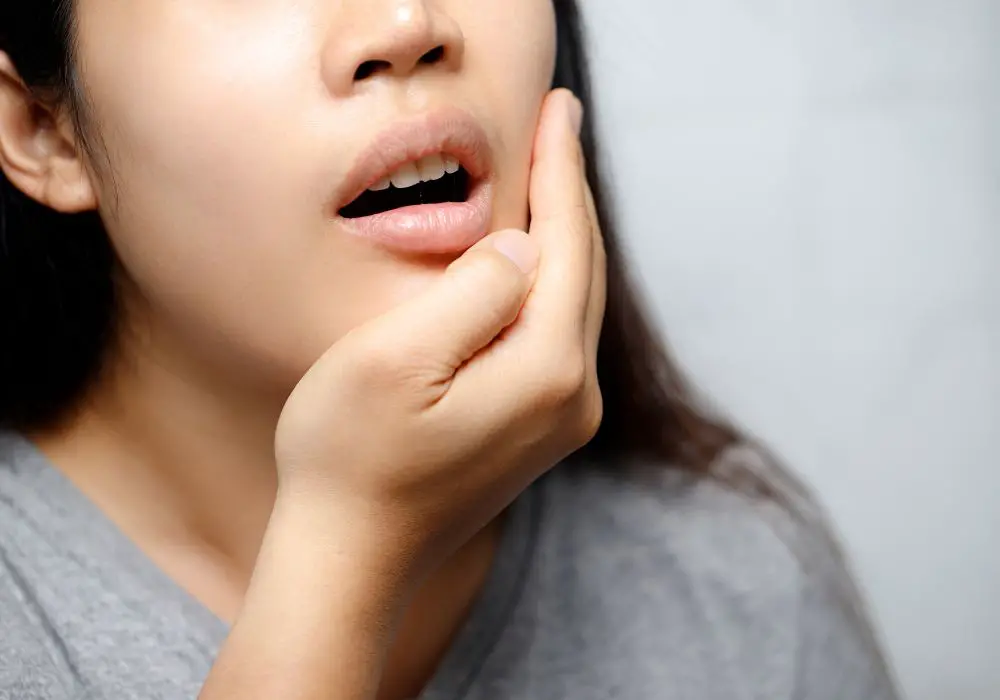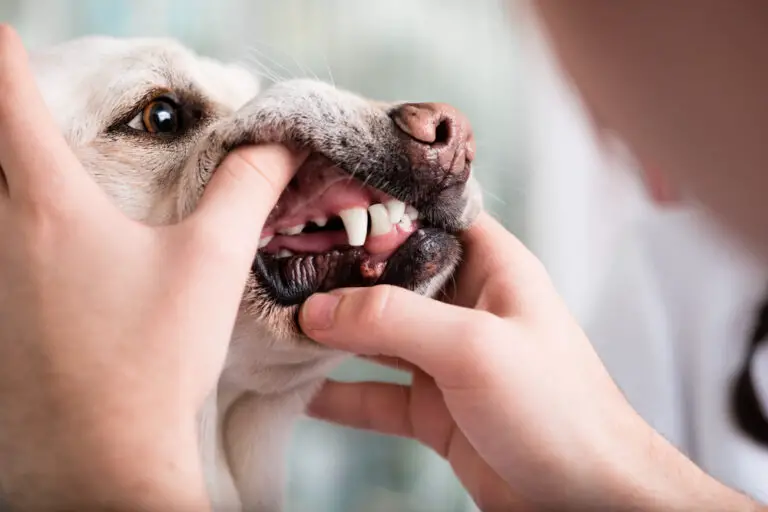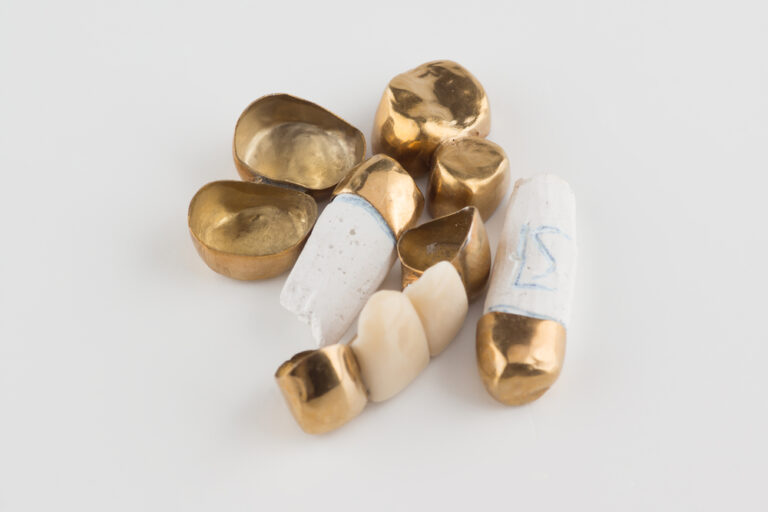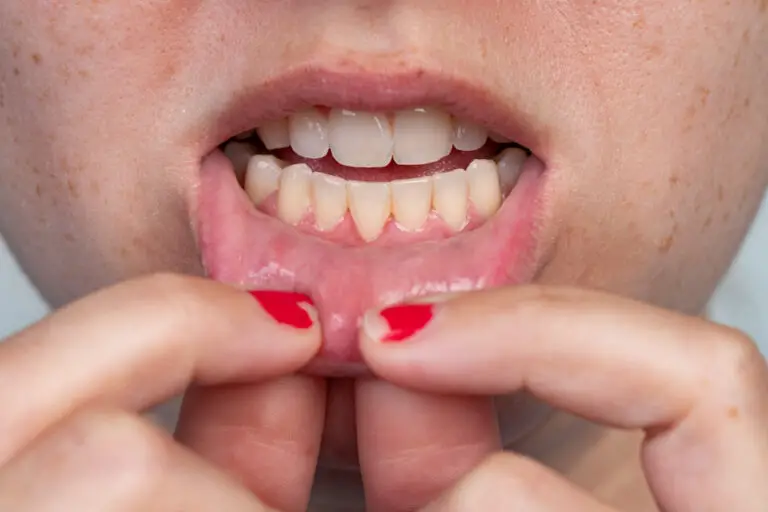Waking up to find your teeth feeling numb, tingly, or buzzing with sensation can be an unnerving experience. You may worry if the numbness means something is seriously wrong with your dental health. But in most cases, temporary numbness is not a cause for alarm. This detailed guide explores all the possible reasons for numb, tingling teeth along with diagnosis and treatment options. We’ll also provide prevention tips and frequently asked questions to help put your mind at ease.
What Causes Numbness and Tingling in Teeth?

There are a variety of reasons you may suddenly lose sensation or feel odd tingling in your teeth. Let’s look at each of the most common causes in more depth:
Dental Nerve Damage
The nerves inside your teeth are prone to injury or inflammation which leads to altered sensations. Here are the ways dental nerve damage frequently occurs:
Tooth Decay
Tooth decay from poor brushing or excess sugar creates cavities that eat away at the hard enamel. As a cavity grows larger over time, it can reach the inner dentin layer and get dangerously close to the pulp and nerves. The nerve becomes irritated by decay bacteria and pulpal bleeding. Mild decay can cause temporary sensitivity, while deeper decay often makes teeth feel deadened or numb as nerves die off.
Cracked Tooth
A fractured tooth whether from trauma or aggressive chewing can allow bacteria to seep inside and infect the pulp. Cracks also pinch the nerves, leading to inflamed nerves and numbness. Vertical fractured teeth often require extraction.
Recent Dental Work
It’s quite common to have some residual numbness or nerve irritation after dental treatments like:
- Root canals – The removal of inflamed or infected pulp can leave temporary numbness.
- Tooth extractions – Nerves are severed when teeth are pulled. Residual numbness lasts weeks or months as healing occurs.
- Dental fillings – Irritation from drilling can make nerves hypersensitive initially before settling.
- Dental crowns or bridges – The preparation work and temporary crowns might cause numbness that fades in a few weeks.
Traumatic Injuries
Severe blows to the mouth from sports collisions, bike accidents, or physical violence can crack teeth or jostle them out of place. The injured nerves and blood vessels react by becoming inflamed and numb. See a dentist promptly after any dental trauma.
Benign Oral Tumors
Non-cancerous growths like oral fibromas or mucoceles in the gums often press on nearby nerves. The pressure on the nerves leads to tingling, numbness, or shooting pains.
Long-term Orthodontic Treatment
The constant pressure of braces or aligners slowly shifts teeth over time. This can stretch nerves and make teeth tingle or feel numb for a period after braces are removed.
Nerve Disorders
Dental numbness can sometimes result from diseases and conditions affecting the nerves in your face and jaw.
Trigeminal Neuralgia
This chronic nerve pain condition is thought to arise from blood vessel compression of the trigeminal nerve. It causes sudden, shock-like facial pain that feels like electric zaps. Milder tingling or numbness often precedes the intense pain attacks.
Multiple Sclerosis
MS is an autoimmune disease that progressively damages the protective nerve fibers. Numbness, tingling, or burning sensations in the face and teeth are common early symptoms as the trigeminal nerve becomes inflamed.
Bell’s Palsy
This temporary facial paralysis occurs when inflammation puts pressure on the facial nerves. It causes drooping on one side of the face and altered tooth sensations. Bell’s palsy often improves within weeks as the swelling decreases.
Diabetic Neuropathy
Uncontrolled blood sugar levels in diabetes eventually trigger nerve damage. Numbness and prickling sensations in the teeth, tongue, and lips are warning signs of developing neuropathy.
Medication Side Effects
Tooth numbness can sometimes occur as an adverse reaction to certain prescription or recreational drugs including:
- Antibiotics like metronidazole, amoxicillin, erythromycin that may rarely inflame nerves.
- Anti-seizure drugs like gabapentin, pregabalin that modulate nerve signals.
- Chemotherapy drugs that are toxic to nerves and cause tingling.
- Cocaine and other recreational drugs that restrict blood vessels.
- Migraine medications like sumatriptan that constrict cranial blood vessels.
The medication side effects are often temporary and resolve when stopping the drug. Make sure your dentist knows all medicines you currently take.
When to See a Dentist

Don’t ignore numbness or tingling in your teeth that arises suddenly and persists longer than 1-2 days. Make an appointment with your general dentist for an exam. Be prepared to explain important details that can aid diagnosis:
- Which specific teeth are affected? Front, bottom, molars, one side only?
- Did the numbness come on suddenly or gradually get worse?
- Do you have other worrisome symptoms like tooth pain, swollen gums, or loose teeth?
- Have you had any recent dental work like fillings or extractions?
- Are you taking any new prescription or over-the-counter medications?
- Have you had any recent trauma like a blow to the mouth?
Your dentist will visually inspect your mouth, teeth, gums, tongue, lips, and jaw for signs of infection, sores, or asymmetry that may indicate Bell’s palsy. They will check for dental and gum disease, pay attention to your bite alignment, and examine how your teeth fit together.
Dental Exams and Tests
Further examination and testing will help pinpoint the cause:
- Cold sensitivity test – Your dentist applies cold air or ice to see if it triggers pain that may signal irritated nerves.
- Percussion test – Tapping lightly on teeth identifies problems like abscesses, cracks, or loose teeth if it causes discomfort.
- Palpation – Massaging facial muscles and joints checks for TMJ or swelling.
- X-rays – Dental radiographs show decay, infections, cysts, or fractures.
- Pulp vitality testing – Mild electric currents or cold stimuli determine if the tooth pulp is still vital or deadened.
- Referral to a specialist – For complex nerve issues, you may be sent to an endodontist, neurologist, or oral surgeon for advanced testing.
Once the underlying cause is found, appropriate treatment can begin.
Treatments for Numb, Tingling Teeth
The treatment options will depend on the specific diagnosis for your tooth numbness. Here are some of the common approaches:
Treating Decay
If drilling finds a cavity irritating the nerves, it will be thoroughly cleaned out and a filling placed to prevent further damage. Your dentist determines if the decay is too close to the pulp requiring a root canal.
Root Canal Procedures
Deadened or infected dental nerves require a root canal. The inflamed or abscessed pulp is removed and the inside of the tooth sterilized and sealed. A dental crown protects the now numb tooth. Mild residual numbness should fade within weeks.
Tooth Extractions
If the tooth is fractured, severely decayed, or infected beyond repair, pulling it is the only option. The adjacent teeth often feel numb temporarily as they adjust to the empty space. Dental implants can restore the gap.
Dental Crowns and Veneers
Crowns strengthen and protect cracked teeth. Veneers mask underlying decay and damage that might irritate nerves. The numbness from nerve inflammation usually resolves after this restorative work.
Medications
For mild cases with reversible nerve irritation, your dentist may recommend OTC pain relievers or prescribe antibiotics, steroids, anticonvulsants, or tricyclic antidepressants that calm nerve activity.
Physical Therapy
If malocclusion or TMJ dysfunction is pinching nerves, physical therapy brings relief through gentle jaw and neck exercises. Nightguards protect from teeth grinding.
Neurology Treatment
Seeing a neurologist benefits more systemic nerve disorders like trigeminal neuralgia or multiple sclerosis. Medications, Botox injections, surgery, or electrical stimulation might be warranted.
The outlook is good for fully regaining sensation after common dental injuries or procedures. However, some chronic cases of neuralgia or neuropathy may only achieve partial improvement. Follow all home care instructions closely after any treatments.
Tips to Prevent Numb, Tingling Teeth

Practicing good dental hygiene and getting regular checkups prevents many issues leading to numb teeth including:
- Brush carefully twice a day and floss daily to avoid plaque buildup and decay.
- Use antibacterial mouthwash to reduce bacteria further.
- See your dentist for cleanings every 6 months to catch problems early.
- Request sealants and fluoride treatments to protect your teeth.
- Wear a custom mouthguard for sports to prevent fractures and trauma.
- Avoid chewing ice, popcorn kernels, hard candy, or other hard foods that damage teeth.
- Have any fillings, damaged teeth, or problematic wisdom teeth treated promptly.
- Quit smoking, as it worsens gum disease, decay, and oral cancer risks.
- Limit sugary and acidic drinks and foods to avoid enamel erosion.
- Get evaluated for conditions like sleep apnea that increase your teeth grinding and cracking risk.
With diligent oral and overall health habits, you should be able to minimize nerve irritation and numbness flare-ups. But see your dentist right away if symptoms do arise.
When to Seek Emergency Dental Care
Seek prompt emergency dental attention if you have:
- Numbness or tingling after a traumatic mouth injury, fall, or blow to the face – may indicate nerve damage or fractured jaw.
- Numbness combined with trouble speaking, smiling, or muscle weakness on one side – could signify Bell’s palsy or stroke requiring rapid treatment.
- Numbness with swollen face, trouble swallowing, or shortness of breath – suggests life-threatening infection spreading deep into facial tissues.
- Numbness persisting over 48 hours after dental surgery – notify your oral surgeon immediately, as it may require intervention if nerves were injured.
While waiting for an appointment, rinse with warm salt water and take over-the-counter pain relievers as needed. Seek medical emergency help for facial numbness accompanied by chest pain, seizure, loss of consciousness, or paralysis on one side of the body.
Frequently Asked Questions
Let’s review answers to some common questions patients have regarding numb, tingling dental symptoms:
Q: Why do my teeth hurt when breathing cold air?
A: Sensitive, tingling teeth from breathing cold air or drinking icy drinks are often a sign of gum recession exposing the root surfaces. Use a soft-bristle toothbrush and avoid aggressive flossing to prevent receding gums. Desensitizing toothpaste can provide relief.
Q: Is it normal for teeth to be numb hours after a filling?
A: It’s common to have residual numbness in the hours after a dental filling while the anesthetic wears off. But if the numbness remains beyond 24 hours, contact your dentist to check for potential nerve inflammation or damage.
Q: Do dentures cause tingling and numbness?
A: Ill-fitting dentures that rub and press can sometimes irritate the trigeminal nerve endings in the gums, leading to odd tingling or numb sensations. Have your dentist adjust the fit and watch for unwanted weight loss which alters denture fit.
Q: Can anxiety cause temporary numbness in teeth?
A: While anxiety itself doesn’t directly trigger numb teeth, severe stress and anxiety can cause unhealthy habits like teeth clenching and grinding that might damage nerves. Managing stress is wise for your overall dental health.
Q: Why do teeth hurt when biting down?
A: Pain when chewing or biting usually indicates problems like cavities, cracked teeth, bruxism, or abscesses irritating the dental nerves. Schedule an exam so your dentist can identify the issue and provide prompt treatment.
Conclusion
Tingling or numb sensations in your teeth can definitely be alarming. But it’s often not a dental emergency once you understand the range of common, benign causes like residual anesthesia after dental work or temporary nerve inflammation from mild decay. However, persistent or severe numbness does require prompt exam and treatment to avoid lasting nerve damage or underlying conditions going undetected. Don’t delay seeing a dentist if numbness arises suddenly or exceeds 1-2 days. With proper diagnosis and care, your teeth should soon regain normal feeling.






